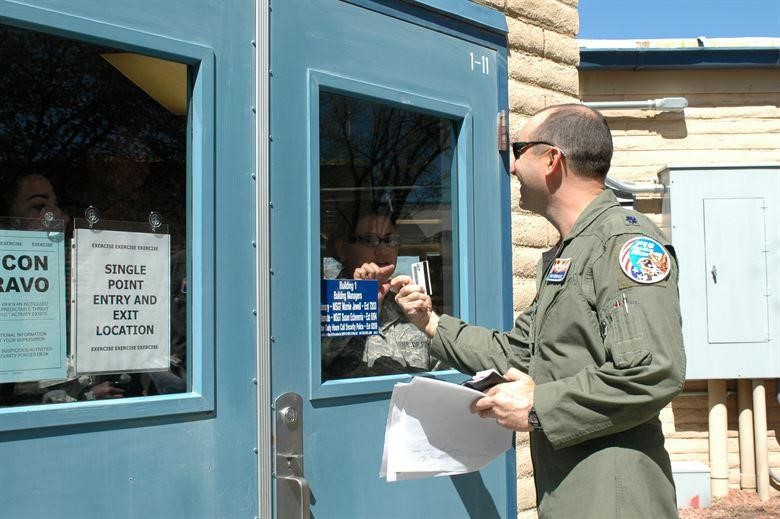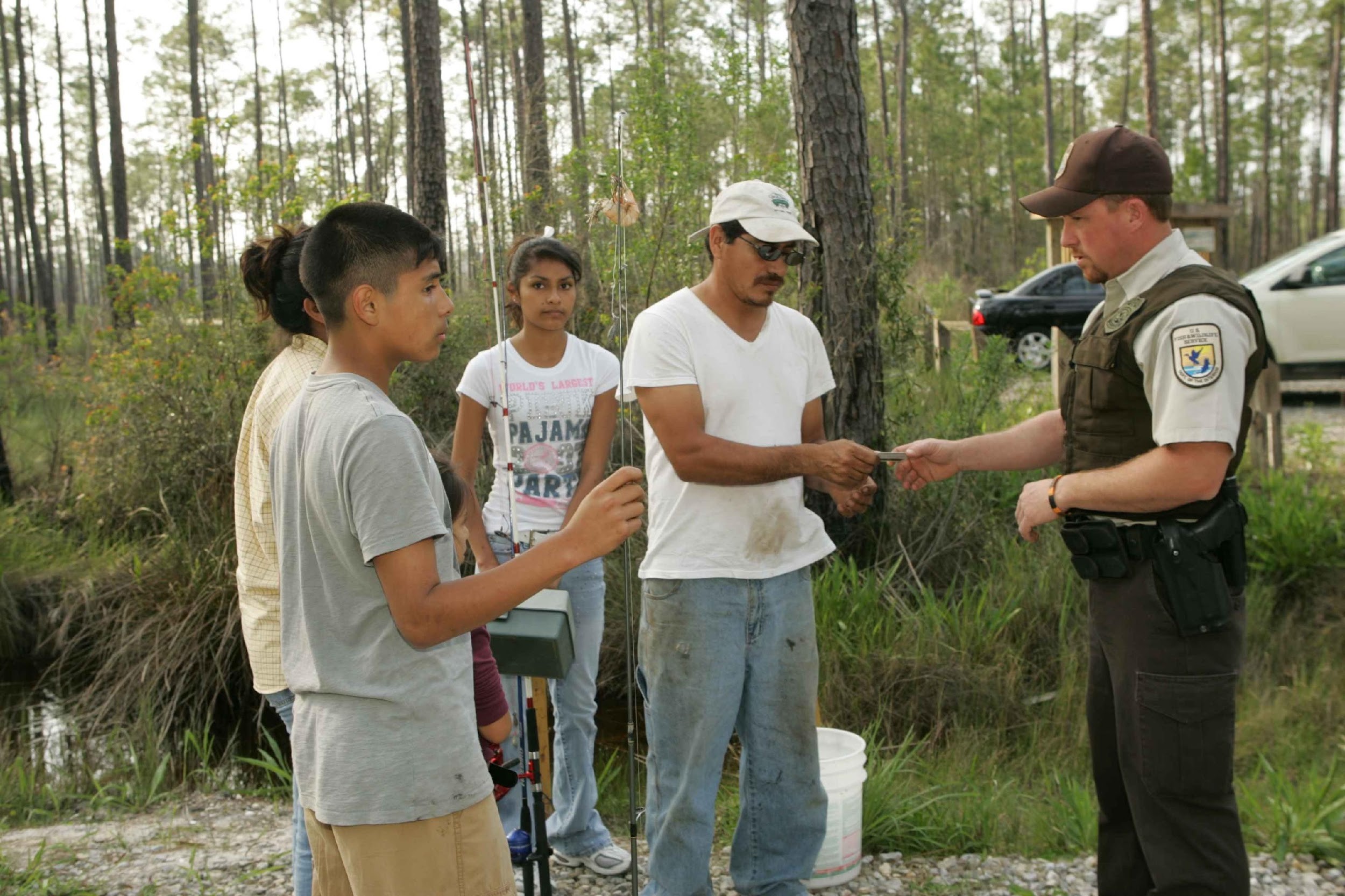Ofsted wants to change focus of its compliance checks
Making Christmas Special Without Children
September 23, 2019
Design elements to drive leads
September 23, 2019Ofsted, the body responsible for inspecting schools, has called for a change in the focus of checks that schools carry out to meet their safeguarding requirements. Schools are inspected regularly to ensure they are meeting requirements in a range of areas, with safeguarding one of these. Safeguarding not only looks at the physical safety of the children within the school environment such as the individuals them come into contact with – which is why many schools operate Visitor Management System UK based such as those offered by ofec.co.uk/web-and-software-development-services/digital-visitors-and-staff-signing-in-book.aspx to esnure children are not left alone with an inappropriate person, it also covers ensuring that any issues that may occur in the home environment are picked up on.
What are the traditional compliance checks?
The focus of compliance checks is a checklist that schools run through to prove they are meeting the necessary requirements. The ‘Keeping children safe in education’ guidelines state that all schools should have a safeguarding lead and that all other members of staff should have the appropriate training in recognising safeguarding issues. In matters of concern, the school should contact its local authority to follow up using a referral process
What needs to change?
Lee Northern, a leading inspector with Ofsted, believes that both schools and Ofsted should have a specific checklist for the processes required where they believe a child is at risk. For other areas of the inspection process, Ofsted uses checklists to assess the strength of areas being inspected; however, this is non-existent when it comes to safeguarding.
Basic safeguarding in schools
Schools are ensuring their staff have a basic DBS check prior to working and are making sure none of their staff are a risk to pupils by ensuring this is completed. This does not safeguard children from what happens outside school or from other pupils.
The requirements for safeguarding in schools
In addition to DBS checks, there are other areas in which schools are required to safeguard their pupils. Their ‘prevent duty’ requires them to have policies in place to protect young people from radicalisation and extremism through staff training to spot the signs. Staff are also required to promote British values, fairness and tolerance, and to have respect for the law.
Other areas of safeguarding include preventing maltreatment, impairment of health, and adequate care. Staff are also expected to be trained to spot signs of sexual exploitation, domestic violence, female genital mutilation, forced marriage, fabricated and induced illness, substance misuse, and gang activity.
With its proposed change in approach, Ofsted hopes to promote action and have an assessment of impact of policy rather than complying with a list of guidelines.





